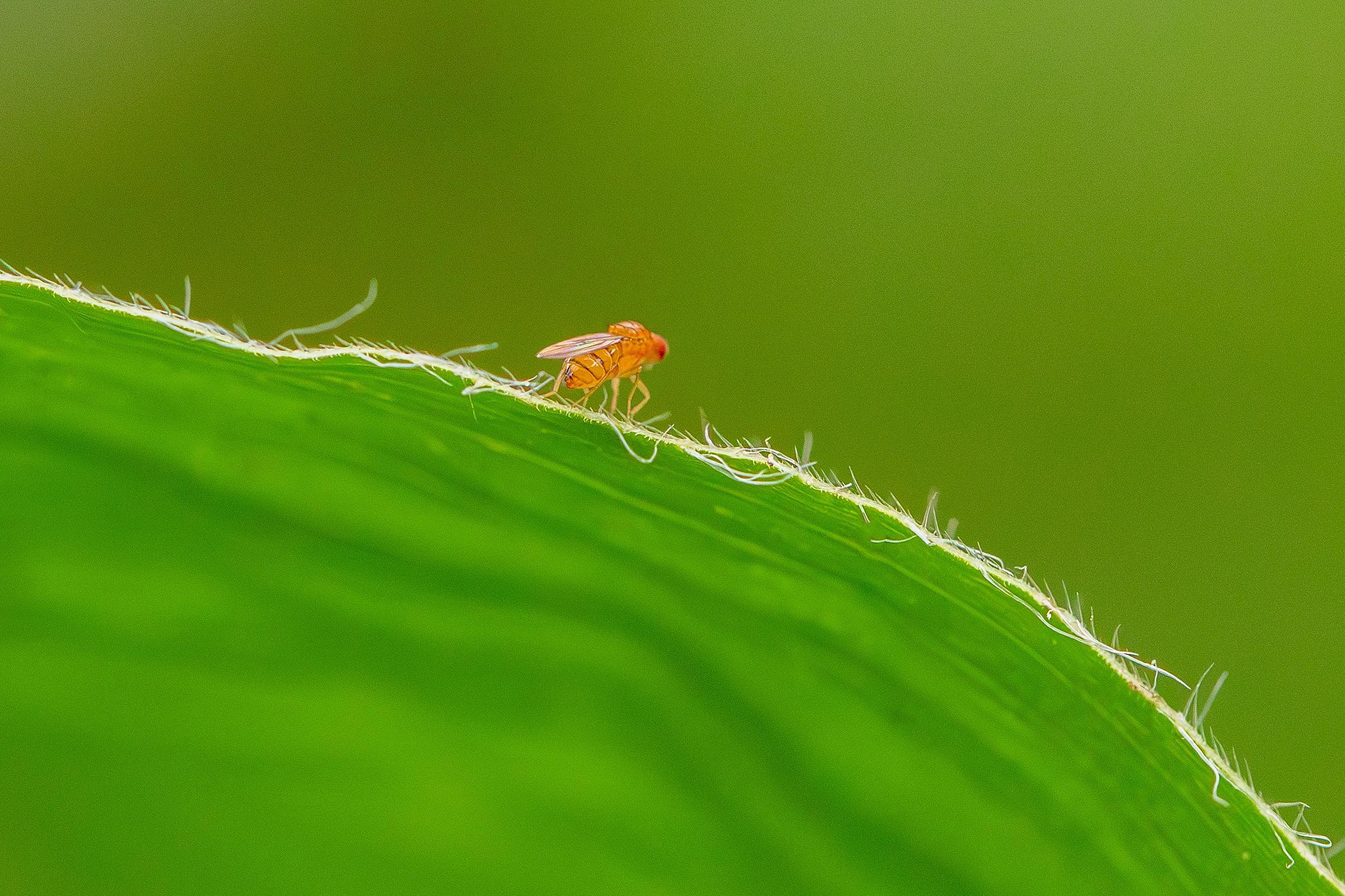Fruit Flies' First Space Odyssey Aboard Shenzhou-19

By Staff Reporters
On October 30, China successfully launched the Shenzhou-19 crewed spaceship, sending three astronauts to its orbiting space station for a six-month mission.
The trio will conduct a series of experiments in fields such as life science, fluid physics, combustion science and materials science. Notably, this is the first time that fruit flies have been taken on a Chinese space mission as experimental subjects. What made scientists choose fruit flies? What experiment will they undergo?
Fruit flies are important model organisms as despite being tiny creatures with a body length of only 3 to 4 millimeters, many of their genes are similar to human genes. Therefore, studying fruit flies can provide insights into human mechanisms and lay the foundation for investigating human adaptability in space.
For instance, by studying the changes in the muscles and exoskeleton of the fruit fly in a microgravity environment, scientists can gain better understanding of the challenges faced by astronauts during spaceflights. Additionally, studying the heart of the fruit fly in space can help reveal the potential effects of long-term exposure to microgravity on cardiovascular function.
Moreover, fruit flies have a reproductive cycle of approximately 10 days, enabling them to produce a large number of offspring in a short period. This characteristic will enable researchers to study gene changes in the species across multiple generations in space, making genetic experiments more convenient.
Earth has a magnetic field, while many other planets have none or extremely weak ones. The astronauts will also establish a sub-magnetic environment in the space station to explore the behavioral patterns, growth, and development of organisms in a weaker magnetic field environment. This will provide valuable data for future lunar and Martian landing missions.
In the future, with more advanced experiment equipment and technologies, the Chinese space station will conduct more complex experiments using mice, advancing space biology research.







